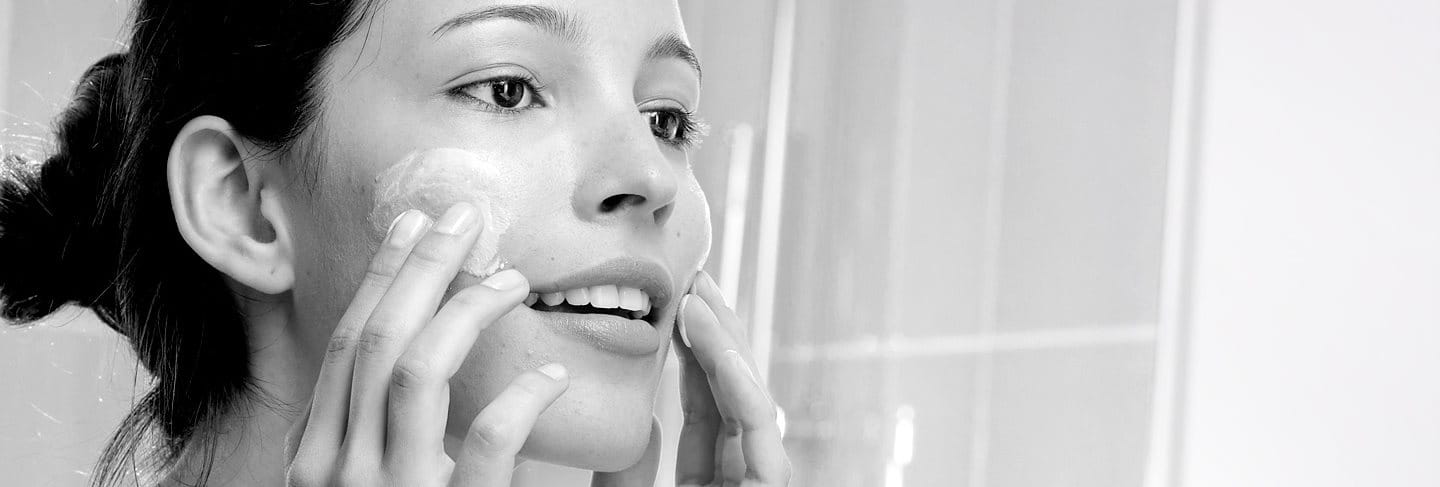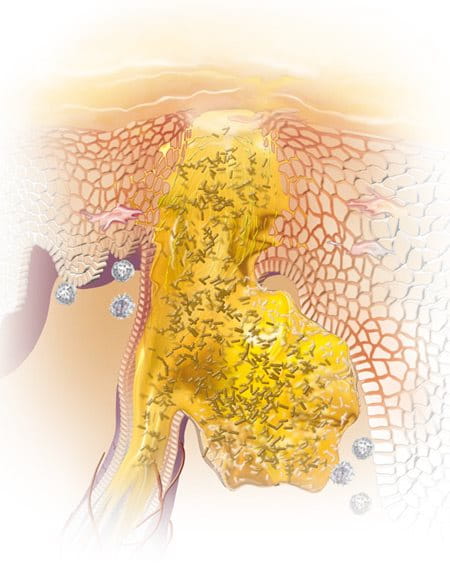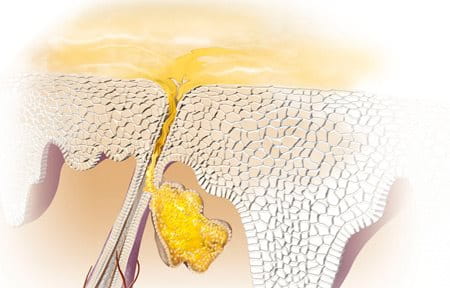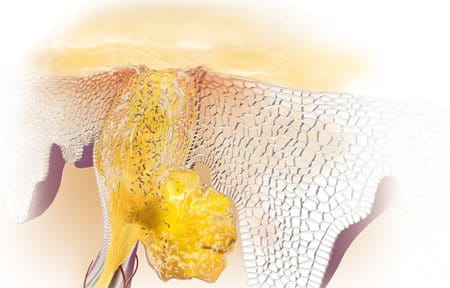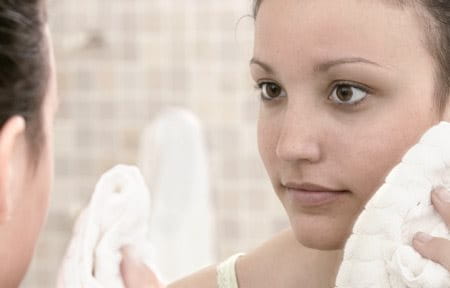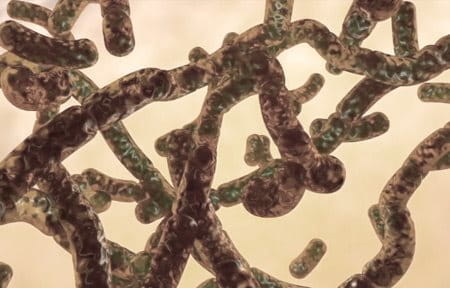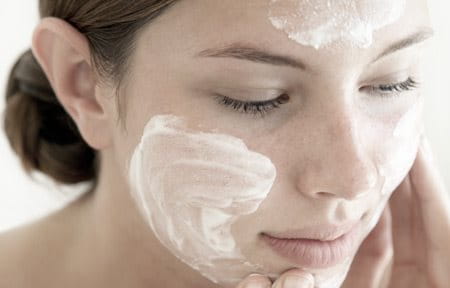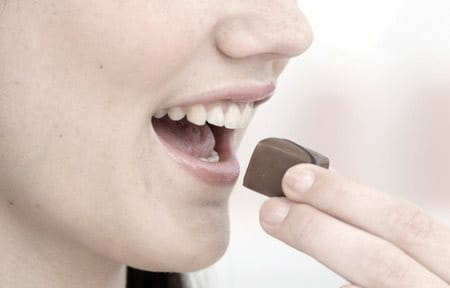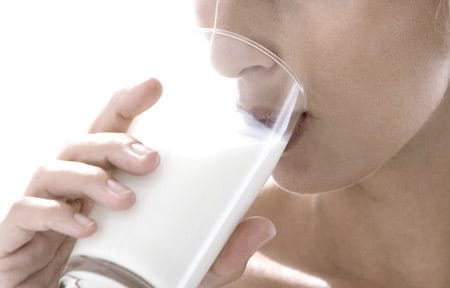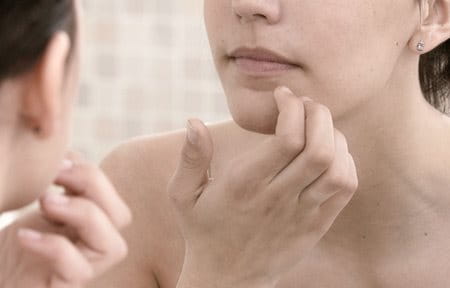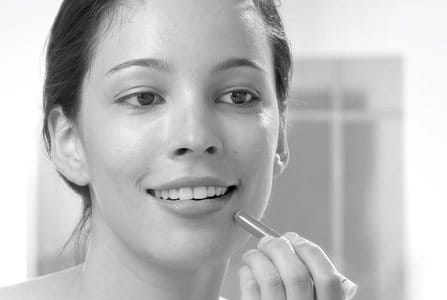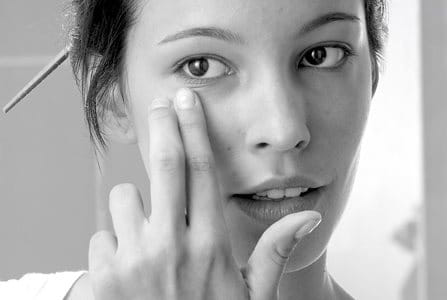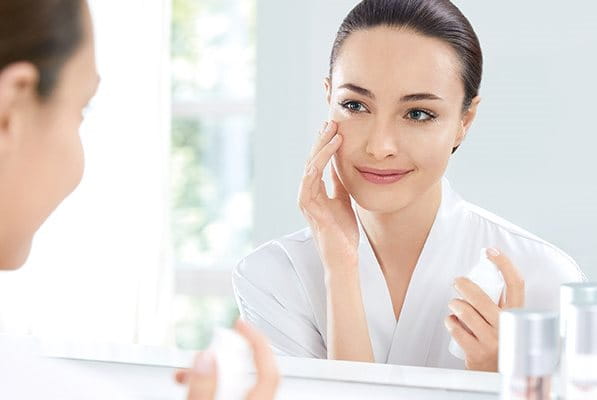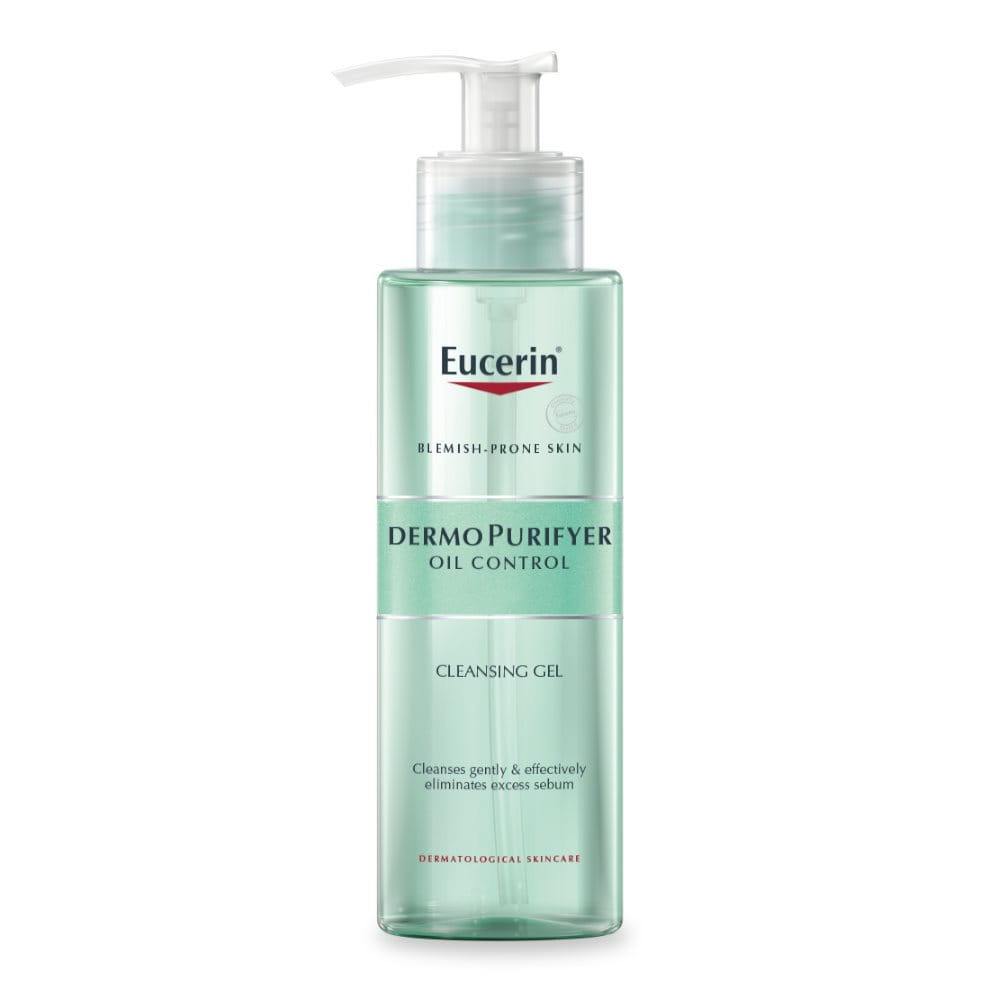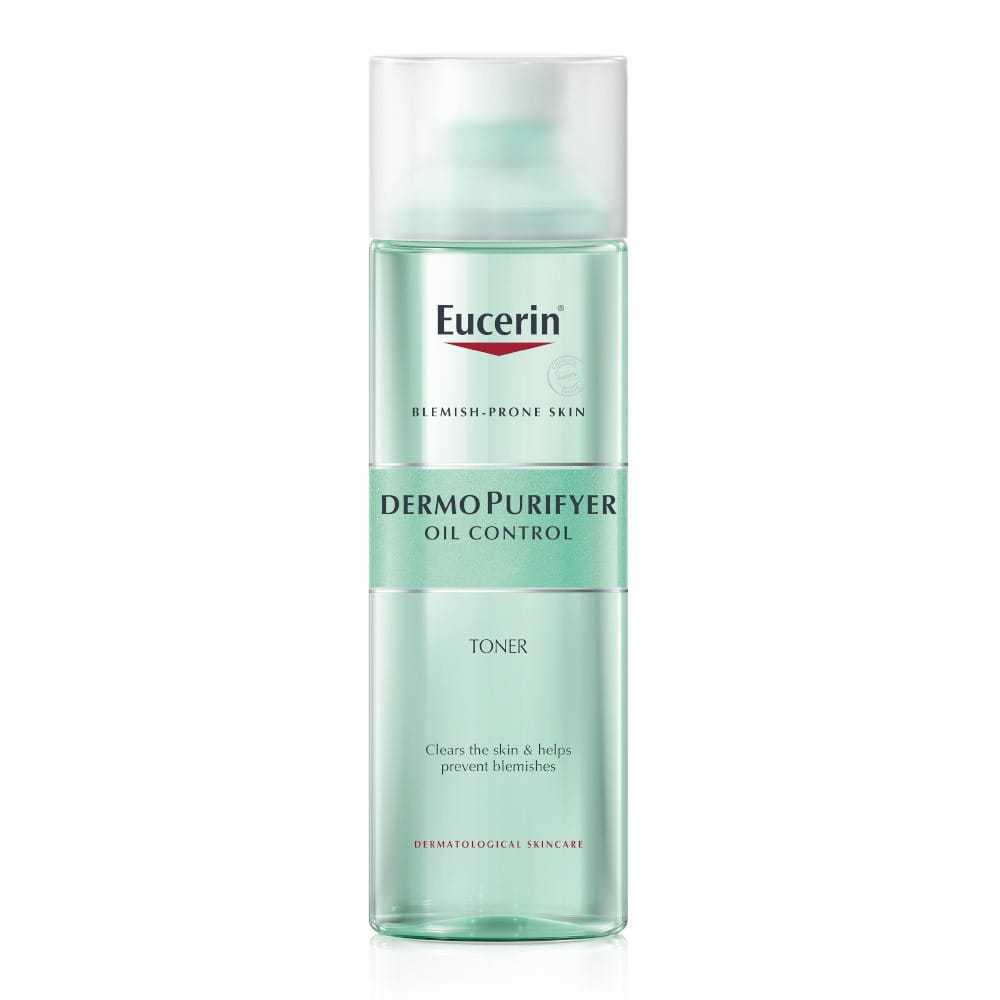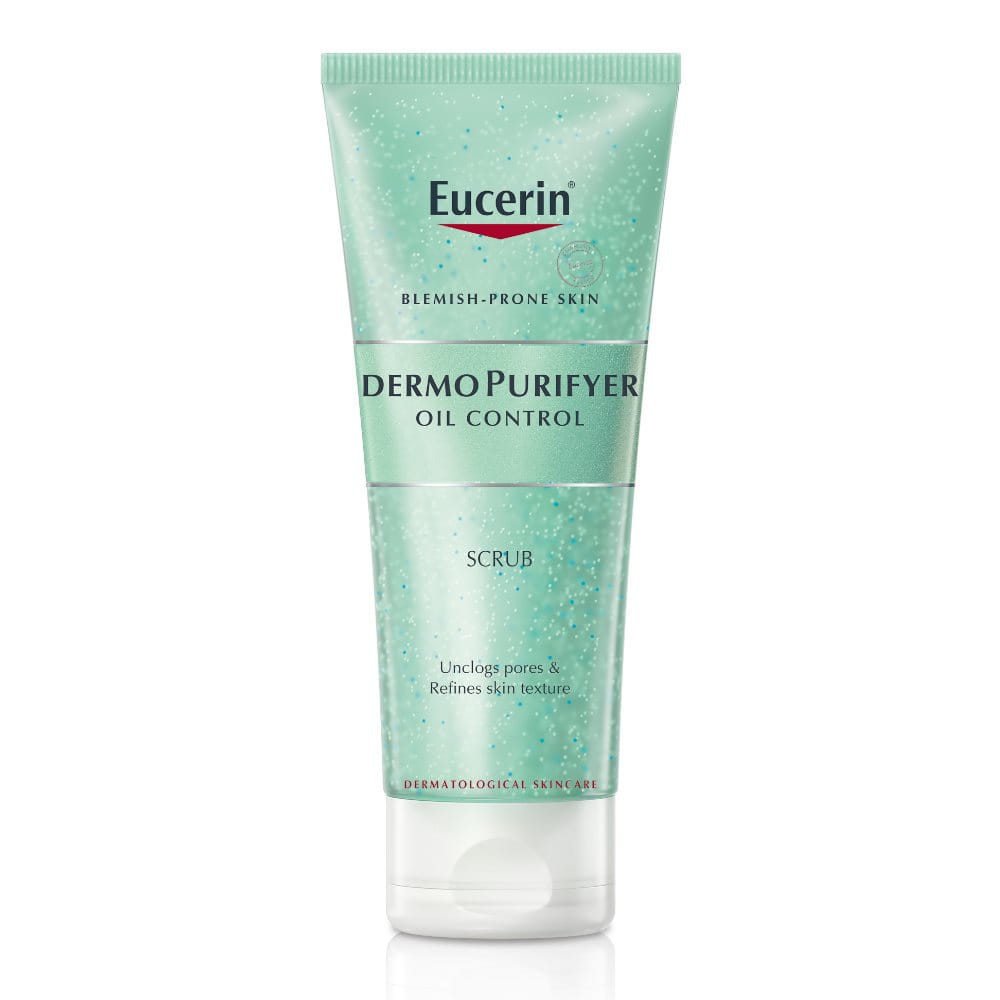Around 70-80% of people suffer from different forms of impure skin and acne-prone skin. In some forms of mild to moderate acne, people do not seek out medication to manage their symptoms. However, it is advisable to consult a dermatologist, even for early or mild symptoms, as medicinal intervention can help to prevent further aggravation and consequences such as scarring.
Non-medicinal treatments, such as: cleansers, toners, scrubs, moisturisers and concealers are sold by pharmacists, over the counter, with no need for a prescription. These cleanse, clear and care for impure and acne-prone skin. There are also a number of lifestyle changes sufferers can make to control outbreaks and minimise symptoms.
